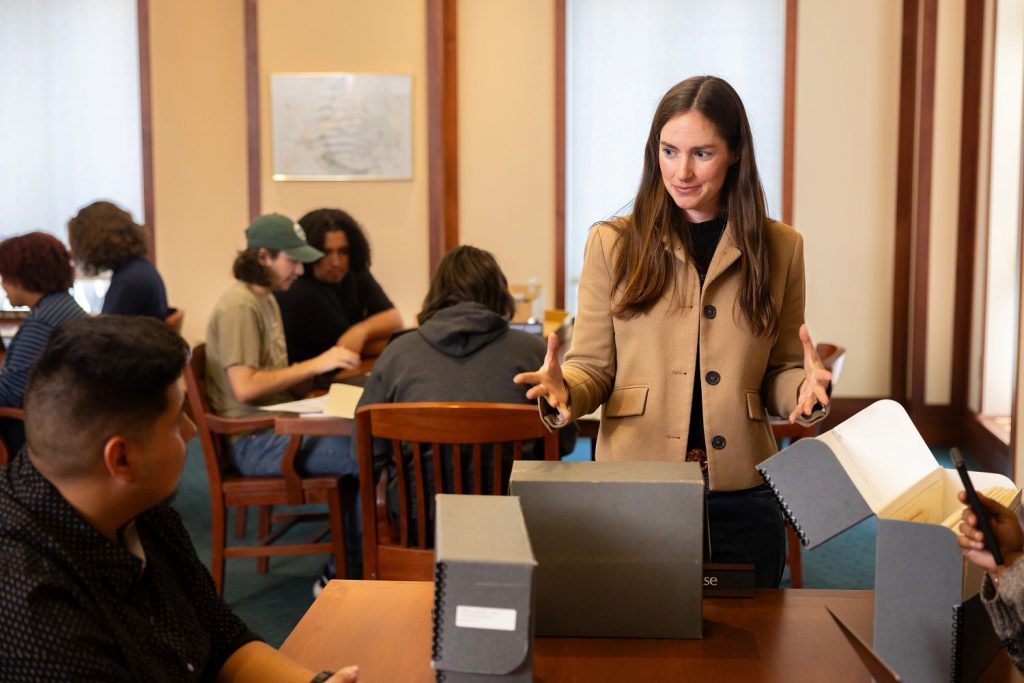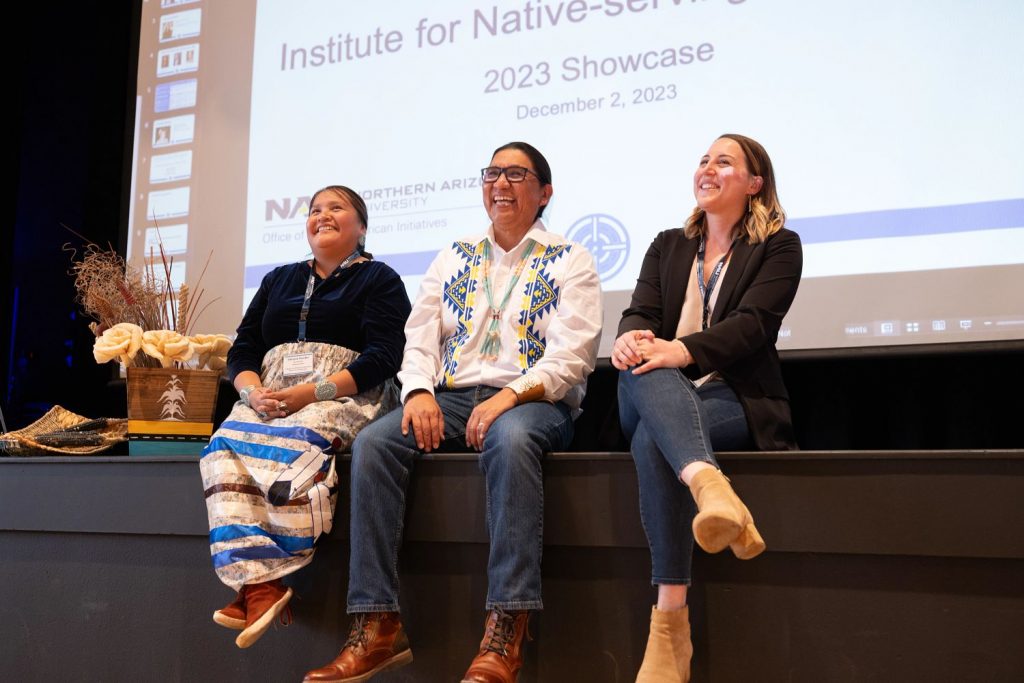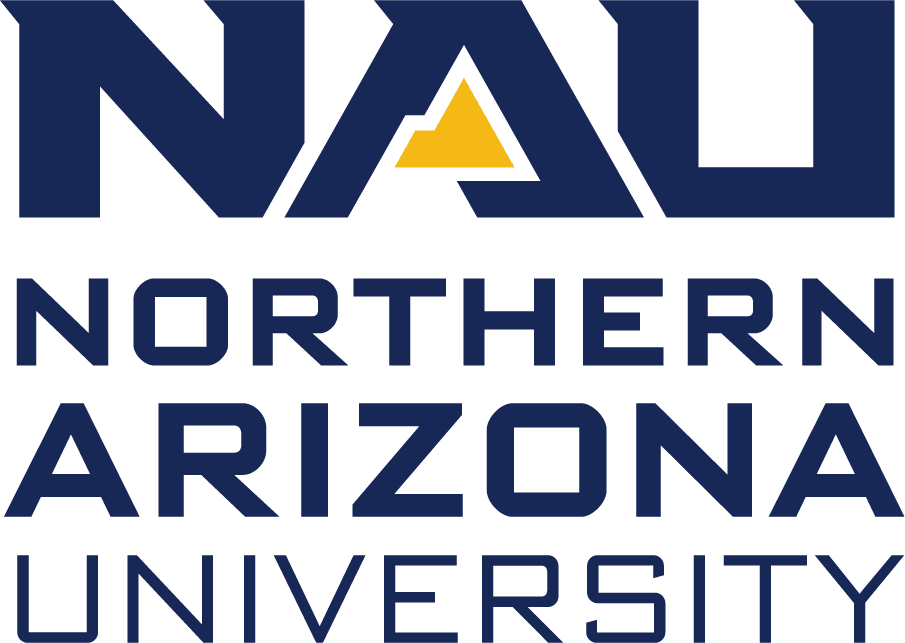NAU’s Department of History and Institute for Native-Serving Educators (INE) has received a grant from the National Endowment for the Humanities (NEH) to deepen high school teachers’ understanding of Indigenous history near the United States-Mexico border.
With the $172,912 NEH grant, faculty and staff from NAU will bring 25 social studies educators to Flagstaff for a two-week summer institute titled “Indigenous Histories of the U.S.-Mexico Borderlands.” The institute will focus on Indigenous communities throughout the American Southwest and Mexico from the 11th century to the present, engaging with distinct histories of tribes like the Diné, Hopi and San Carlos Apache.
Lauren Lefty, an assistant professor of history and the director of NAU’s social studies secondary education B.S.Ed. program, said she hopes the summer institute will fill a void in today’s high school history lessons. According to a 2019 report from the National Congress of American Indians, 87% of state history standards fail to mention Native American history after 1800, and 27 states make no mention of Native Americans in their curriculum at all. That’s despite the fact that there are 574 federally recognized tribes in the United States.

“When students do learn Indigenous history, it is often in a romanticized pre-conquest context, during colonization, and then relegated to something of the past,” Lefty said. “During this institute, participants will engage with this history and be challenged to better incorporate it into their social studies classrooms, with a particular focus on the U.S.-Mexico borderlands, thereby contributing to the reduction of educational inequities impacting Indigenous youth and communities.”
Darold Joseph, INE director and an assistant professor of special education, added that the NEH grant “supports a crucial need to address the significant, long-term patterns of inequity between Indigenous students and their peers.”
Social studies teachers who participate in the institute will hear from leading historians of borderlands and Native American history, tribal members and elders. They’ll also consult objects from the Museum of Northern Arizona, visit nearby national monuments such as Montezuma Well, Sunset Crater and Wupatki, spend time in the Navajo and Hopi nations and gather insight from experts at INE.
“As historian Ned Blackhawk argues in his recent book ‘The Rediscovery of America,’ American Indians were central to every century of U.S. historical development,” Lefty said. “Understanding the Native experience is an essential responsibility for all Americans as they grapple with key questions related to our nation’s history, democracy and continued struggles for justice.”
Applications for social studies teachers who would like to apply for the institute will be available later this fall on the Department of History and INE websites. The institute is open to secondary school teachers throughout the country.
Jill Kimball | NAU Communications
(928) 523-2282 | jill.kimball@nau.edu




